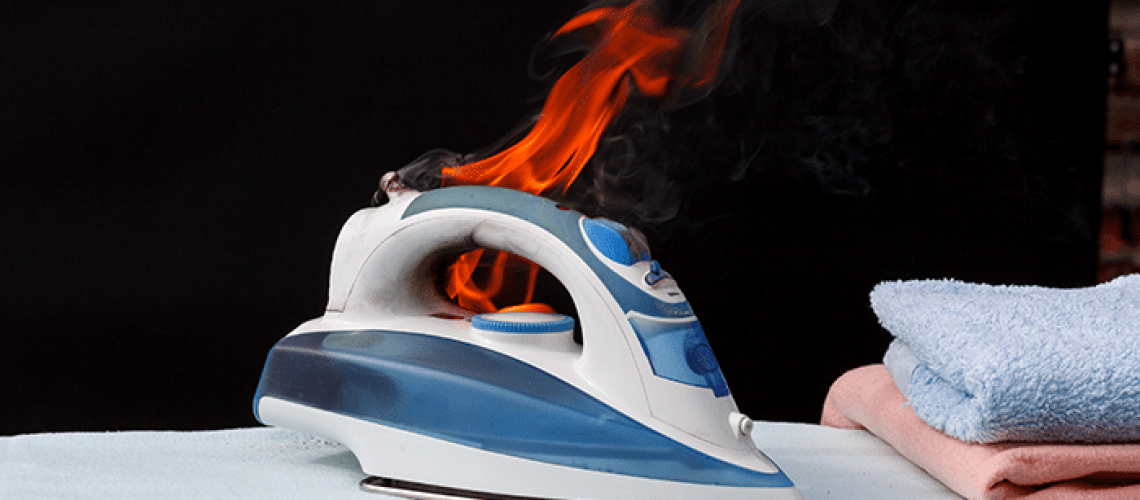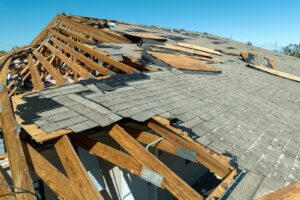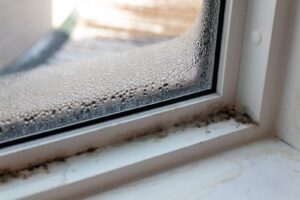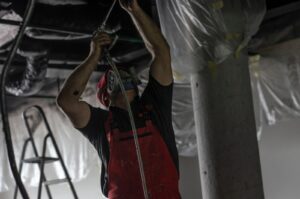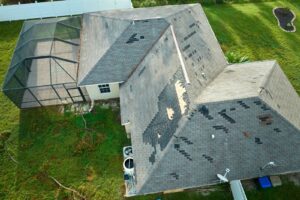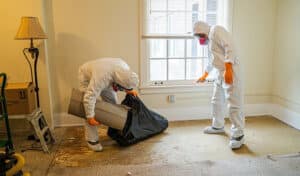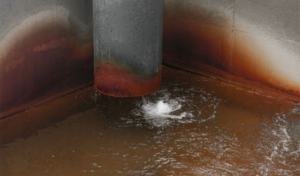Every year, house fires kill over 3,000 people and are responsible for $6.9 billion in property damage. Cooking, running your heater, and having faulty appliances are leading causes of house fires. It only takes 30 seconds for a small blaze to turn into a roaring fire that destroys your home.
Fires are no laughing matter; preventing them is the key to reducing deaths and property damage. Even if a small fire starts, it’s bound to destroy something in its path, even if that is only an oven mitt.
Today’s blog covers how you can prevent the most common causes of house fires from ever occurring.
Common Causes of House Fires
- Cooking
Cooking accounts for almost half of all house fires. Most kitchen fires start when grease gets overheated. If grease reaches 600 degrees Fahrenheit, it can catch fire. And believe us when we say it will; grease is highly flammable. It will randomly burst into flames without warning if it gets that hot, and it’s extremely difficult to extinguish a grease fire.
If you’re cooking with oil rather than a non-stick cooking spray or cooking greasy food like bacon or burgers, you’ll want to pay close attention. Lower the heat as your food gets hotter and immediately clean any grease spills. Just be sure to wear an oven mitt if your stove is hot. We don’t want you to burn yourself!
While your stove and oven probably come to mind first, portable devices can also start fires. Be careful with your toaster, toaster oven, barbeque grill, and electric griddle. - Heating Appliances
Heating appliances usually catch fire when something is too close to them, like a blanket or piece of clothing. Say your heater is running in your room, and you’re in a hurry to get ready.
In your rush, you don’t notice that you tossed the dress you’re not wearing across your room to join the pile of clothes you’ll put away later. But the dress lands on top of your heater, running on the highest setting—this can quickly start a fire.
Heating appliances account for about 12% of fires. Every year, there are about 35,000 fires that start with heaters. If kerosene keeps your heater on, you’ll need to be extra careful, as kerosene is highly flammable. Faulty wiring in electric heaters is the biggest cause of fires.
You can prevent a heater–and any other heating appliance–from catching fire by not leaving it unattended. If you leave the room, turn off the heater, even if you’ll only be gone for a minute. - Electrical fires
Electrical fires happen way more often than you might think. Remember those billions of dollars of property damage we mentioned before? Electrical fires account for $1.3 billion of that.
Every year, faulty electrical wiring causes approximately 51,000 fires. But don’t automatically blame your electrician. While they could mess up your wiring, sometimes it just malfunctions. Short circuits and loose connections are no one’s fault, but they sure can start a fire.
What’s scary is that many electrical fires start in small corners where no one is looking. They start small but turn into hazardous fires. Because they start small, it’s easy to sleep through them.
We recommend updating your electrical circuitry and wiring if your home is older. Ensuring it’s up-to-date and modern will significantly reduce your risk of fire. - Smoking
Smoking is terrible for your lungs, and it can start a house fire. Your lighter and cigarette can start one simply from falling on the floor while you’re smoking. It’s sure to burst into flames quickly if it lands on combustible material, like a carpet or a fabric couch.
To prevent a house fire from starting during your wind-down time, smoke in a place far away from anything combustible. Don’t smoke on your living room couch or in bed. We recommend going outside—you’ll significantly reduce the risk of starting a fire. - Candles
Candles aren’t as high risk as other fires, but they still pose a threat, so they’re worth mentioning. Candle fires cause over 7,000 fires and nearly 700 injuries every year.
Candles tipping over, melting over, or being knocked over are what cause these fires, and children are often the culprits. Keeping candles out of reach from tiny fingers is the best way to prevent a candle fire. Keeping all flammable objects at least 12 feet away will help keep your house safe. - Chemical fires
Chemical fires break out when gasoline vapors and petroleum liquids reach a flash-point temperature or an open flame. They most frequently happen in industrial kitchens, but they can happen in your home.
Spontaneous combustion can also occur if the chemical combines with oxygen and gets hot enough to reach a flash-point.
The best way to prevent these fires is by safely storing these chemicals in approved containers. They’re not hard to spot at the store–they have a label specifying that they’re safe for gasoline products.
Once you’ve purchased the approved container, fill it up 95% of the way. Not filling the container up all the way gives the vapors room without risking a burst.
Place the container at least 50 feet away from anything that could spark a flame. - Christmas trees
While everyone loves singing, “Oh, Christmas tree!”, we have to be super careful around the holidays and decorating our homes. The lights on our trees are significant causes of fire. An overheated Christmas tree light can start a fire if the branch it’s resting on gets dry enough.
To combat this, don’t keep your lights on all the time. If they aren’t on for as long, there’s less risk of the bulbs getting hot. Artificial trees are safer since the branches aren’t natural, but a fire can still start if there’s a bad wire or the outlet gets overheated.
Additionally, hanging up strings of lights around your home can be a fire hazard if they’re close to curtains, tablecloths, or anything flammable or combustible.
Restoremasters
Lots of different things can start fires in your home! Prevention is critical, but sometimes fires start despite our best efforts. It sucks, but that’s what we’re here for. Restoremasters has been restoring fire-damaged homes for years.
Collectively, our team has over 100 years of experience, so you can trust us to get you back to everyday life as quickly as possible. Contact us today to start your home’s repairs.

